Berkeley Square tells the time travel story of a young American who is transported back to London in the time of the American Revolution and meets his ancestors. In London, the 1929 Broadway production was an enormous success. In 1933 it was adapted into a film, winning an Academy Award nomination for lead actor Leslie Howard.
However in 1951, Australia's Commonwealth Jubilee year, Berkeley Square proved a controversial choice with some active Brisbane Repertory members. Prominent director and actress Daphne Roemermann and her husband Carl resigned in protest over its choice as Rep's Commonwealth Jubilee play. Not only did they object to the choice of Babette Stephens as director but also to her selection of Berkeley Square, a costume drama by an American playwright set in London, which they considered grossly unsuitable for the celebration of the nation's fifty years since federation (Minutes of Meeting, June 14, 1951). This issue caused such a stir in the Brisbane Repertory Council that President Cecil Carson called for a vote of confidence (which he won) for the way he dealt with the complaint and resignation.
At an earlier meeting, Council member Clare Clarke had spoken strongly in favour of reinstating the Australian play, pointing out that no Australian plays had been produced since her own productions of George Landen Dann’s Caroline Chisholm and Fountains Beyond in 1946 and 1947 respectively. Her motion, carried at that meeting, read: “… that consideration be given to the inclusion of one Australian play in each year’s program and more particularly this year in view of the Jubilee celebrations”. The Roemermanns were justly disappointed that this motion had not been honoured. Clearly, they would have considered Clarke the obvious choice for directing the Jubilee play. Supporters of Stable and Sisley’s earlier commitment to the Australian play, the Roemermanns and Clarke recognised in Stephens no such commitment and feared its complete disappearance. In fact, their fears were exacerbated when Stephens was elected Chair of the Reading and Casting Committee in 1953, a powerful committee responsible for the play selections. No Australian plays were programmed for the next ten years.
Writer: Dr Christine Comans
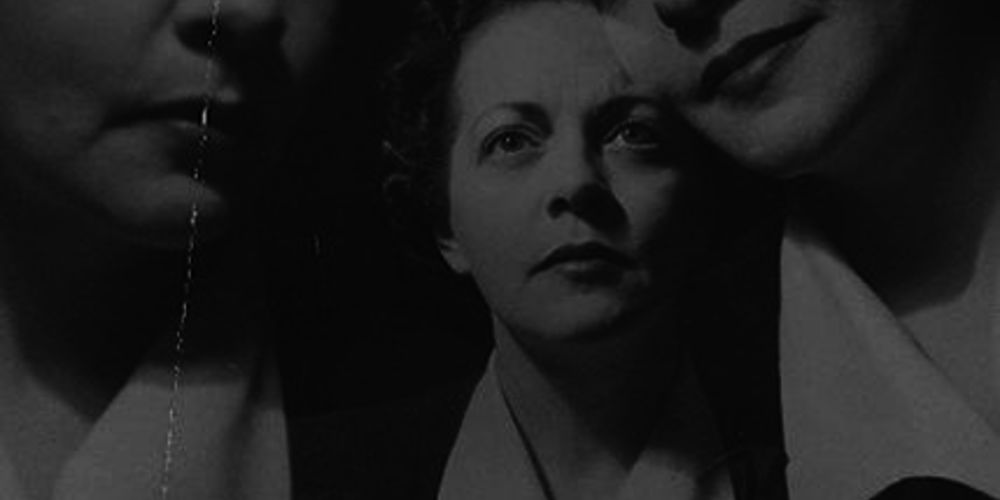
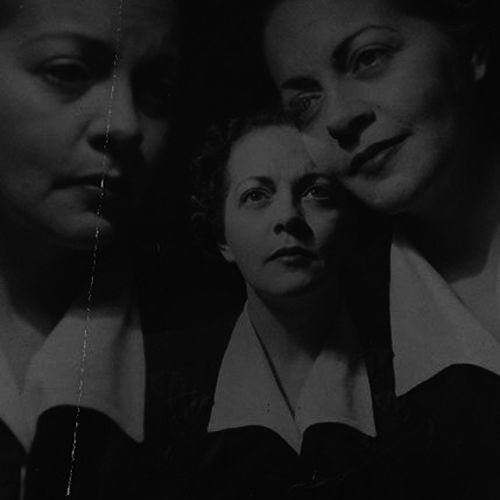
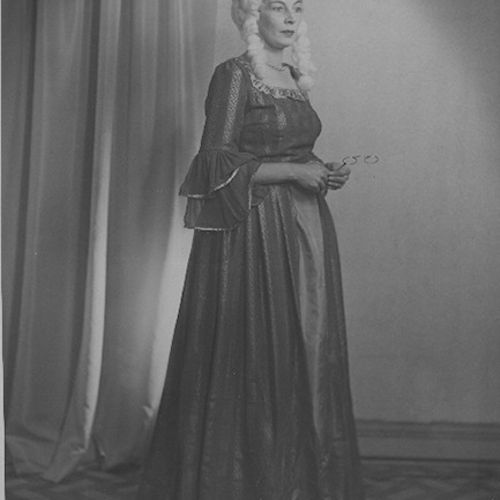
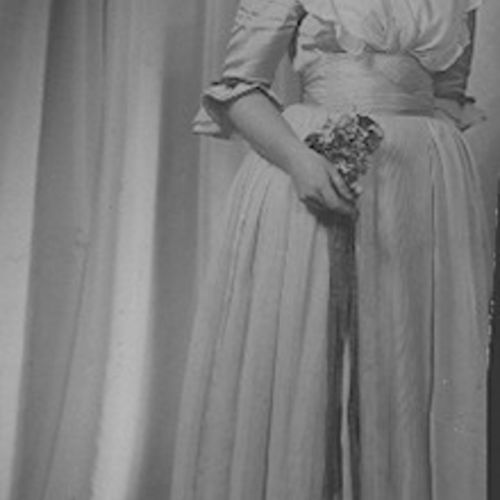
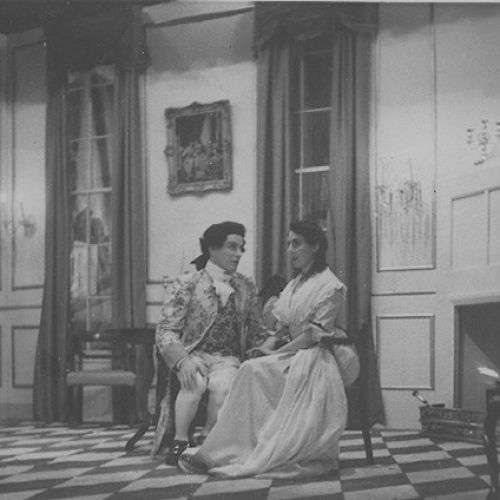
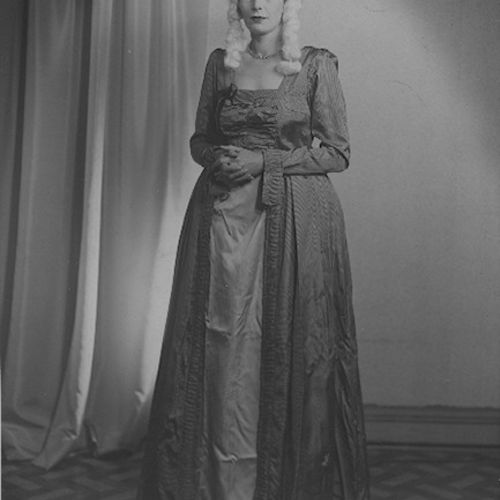
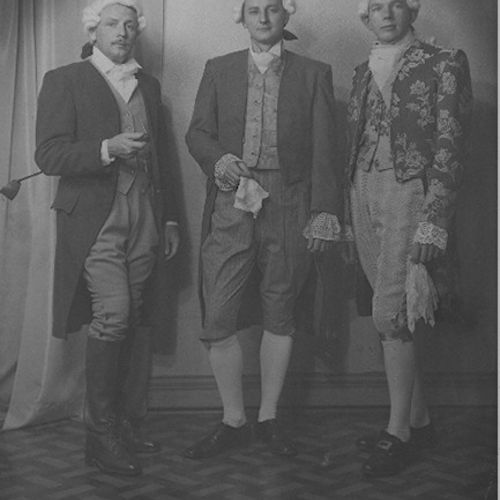
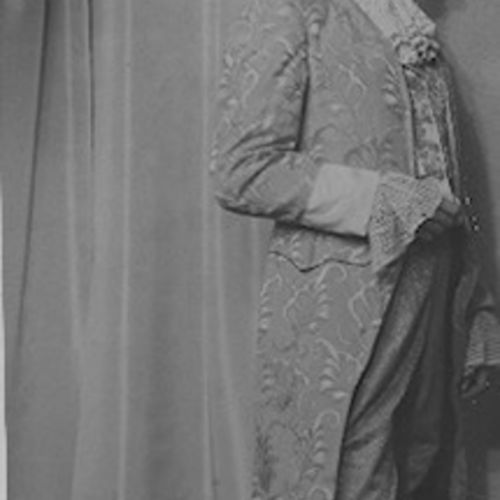
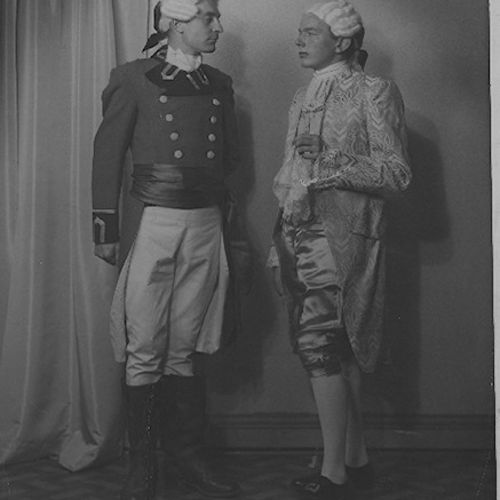
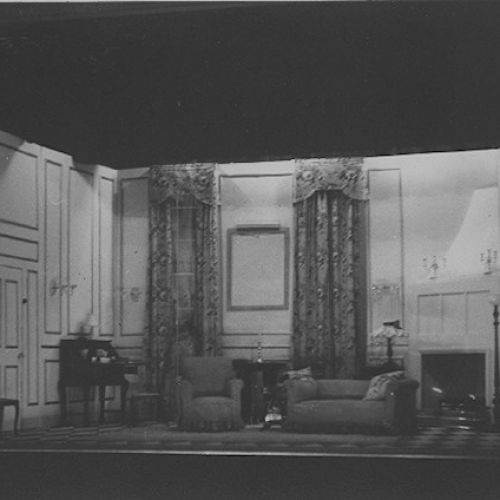
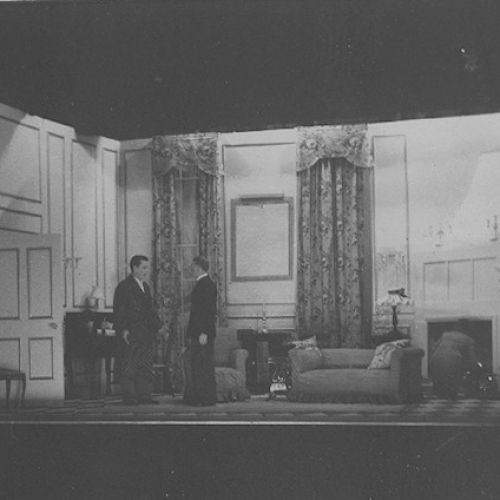
Tell us your story